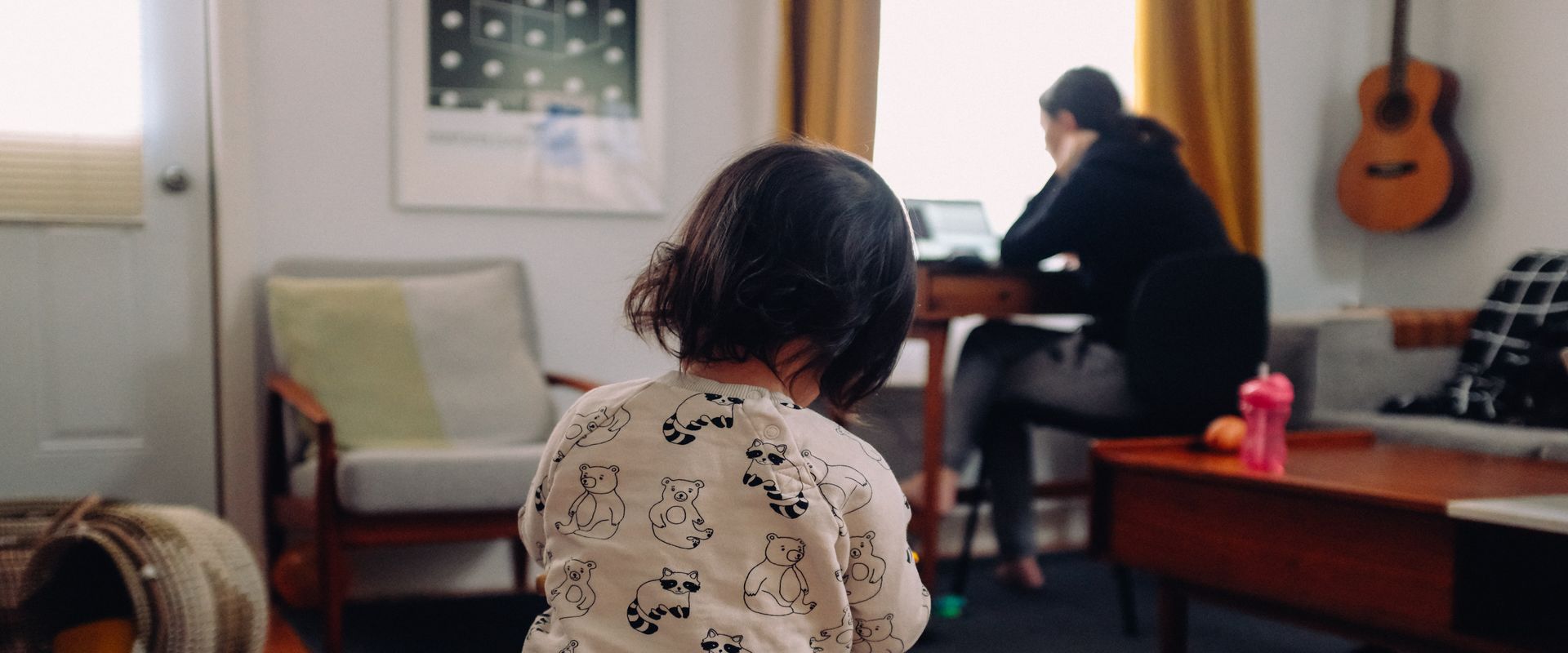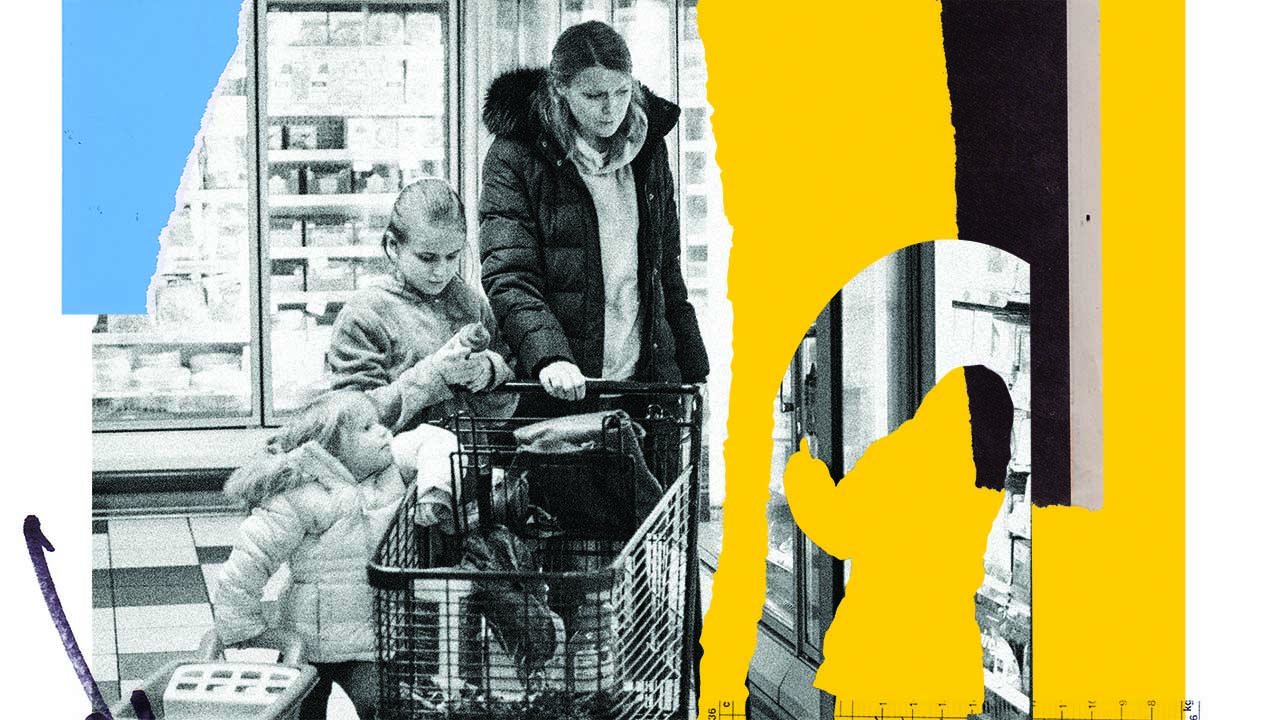My father left my mother and me when I was 14 years old, a freshman in high school who had no clue that his entire world was about to be upended. I remember coming home from school to find my mom on her bed, tears streaming down her face. I asked her, “Who died?” She didn’t reply. All she could manage was a motion with her hand toward the answering machine and the blinking light that heralded the impending fracture of our family.
That was 16 years ago, and whether I want to admit it or not, my anger still lingers, festering like a wound that just won’t heal. Of course, I like to tell myself that I’m over it, that all is forgiven, that we have moved on. But last year, when my dad invited me to go camping with him in Georgia, I had to reconsider whether all was truly forgiven or whether I was lying to myself to spare my father and myself the pain.
Until my trip to Georgia, I hadn’t been alone with my father in years. For the first time in 16 years, I would be forced to confront the man himself. We had talked here and there on the phone and saw each other rarely, and even then it was often in the company of family. But flying down to Georgia, I realized the father I knew was an abstraction, a 2-D representation of a 3-D person.
It’s incredible how distance and time can turn our memories of others into caricatures of themselves, especially those who have wounded us. The figures in our mind exist in a vacuum, sealed off from time, progress, and change. But despite popular belief, and despite the person our memory may recreate, people can and do change. My Christian religion compels me to believe this is true. What I knew about my father in the abstract was not yet real to me. Without an encounter, without his presence, it was all too easy to hold him at arm’s length, stuck in a state of arrested development where he could neither grow nor change. When I saw him standing at the entrance to the Atlanta airport, waiting to pick me up, I knew I’d have to confront the man he’d become, not the man he was.
We spent four days and three nights hunkered down in a cabin just on the edge of the Blue Ridge Mountains, and for that time I had to reckon with the man my dad had become.
He walked around with a pang of quiet guilt. He wasn’t performative or defensive. He just wanted to reconnect with his son. It was jarring for me, to say the least. In many ways, he was completely different, as if the person who left us a message to tell us he wasn’t coming home was a fiction. Of course, this was far from the truth. He was still that man. Yet paradoxically, he was also this new man, as complex as anyone else, far from the oversimplified vision I’d made him out to be. He was familiar yet different, no longer a 2-D cut that reduced him to his wrongs and offenses but a whole person, simultaneously familiar and utterly different.
As I wrestled with these two father figures before me, I realized that forgiveness was contingent on holding both those realities together: the absent father, the present dad. The truth was that both of these men made up the same man. To believe only one or the other was true was to believe in an abstraction, that the caricature was the true likeness. The past, the pain, those couldn’t be dismissed. Yet, to turn him into a tabula rasa would be to deny the complexity of who he was. In that moment, past, present, and future collided. A real person, contrite and ready forgiveness, sat across from me. It’s hard to forgive an abstraction.
The Danish philosopher Soren Kierkegaard, in Works of Love, emphasizes the distinction between loving people en masse and loving individuals, arguing that it is easy to love humanity but difficult to love the individuals placed before us. But, he argues, the inverse is also true. It’s easier to hate a shadow. Yet it is harder to hate a person. While this sounds like a grand oversimplification (and, granted, it doesn’t account for more complex hurts by which we are dehumanized and abused), it stands, as a rule, to be experientially true.
An absent father, an unfaithful spouse, a political rival, or an impossible boss — it’s easier to withhold forgiveness when we’ve begun to see them as a shadow of a person, devoid of the complexities that make us human. To truly see them doesn’t mean we ignore past wrongs; instead we see their wrongs in light of their past, and in light of their future. Only then, when we come face to face with the whole person, is forgiveness possible.
Because true forgiveness is an enfleshed experience, requiring us to see and name others as humans worthy of forgiveness, devoid of the abstractions that obscure their humanity. This is why the incarnation is central to the Christian faith: Only when God becomes embodied can he deal with the brokenness that pervades our world.
For many of us, this isn’t always possible, when those who’ve wronged us refuse to be seen or named. They may hide behind excuses and lies, and in dehumanizing themselves they refuse themselves the opportunity to be forgiven. It is still a mutual exchange, a two-way street. While this embodied forgiveness is ideal, we must acknowledge it does not always lead to reconciliation, and in many cases, it is better to forgive from afar than try to forgive those who aren’t ready to confront their brokenness. These two ideas are often conflated, leading to real harm when one side is ready to extend forgiveness to a person who refuses to repent.
When my father dropped me off at the airport back in Atlanta, I walked away somehow lighter than before. We didn’t depart with all our issues resolved or even achieve some measure of normalcy, but because I spent that weekend with him I was able to forgive him in a way that was impossible before. Before, I’d forgiven the figment of my imagination, the version of him only constructed of a shadow. That forgiveness proved short-lived, a thin veil of pleasantries covering a lifetime of hurt. But by opening my mind to who he really was, by seeing him as an embodied, changeable human, I could summon some measure of genuine forgiveness. I could acknowledge the pain he caused while recognizing the changes of 16 years.
Yes, he was still that man that left my mother and me, but he was, and is, someone more complex than that. A human being worthy of restoration.




